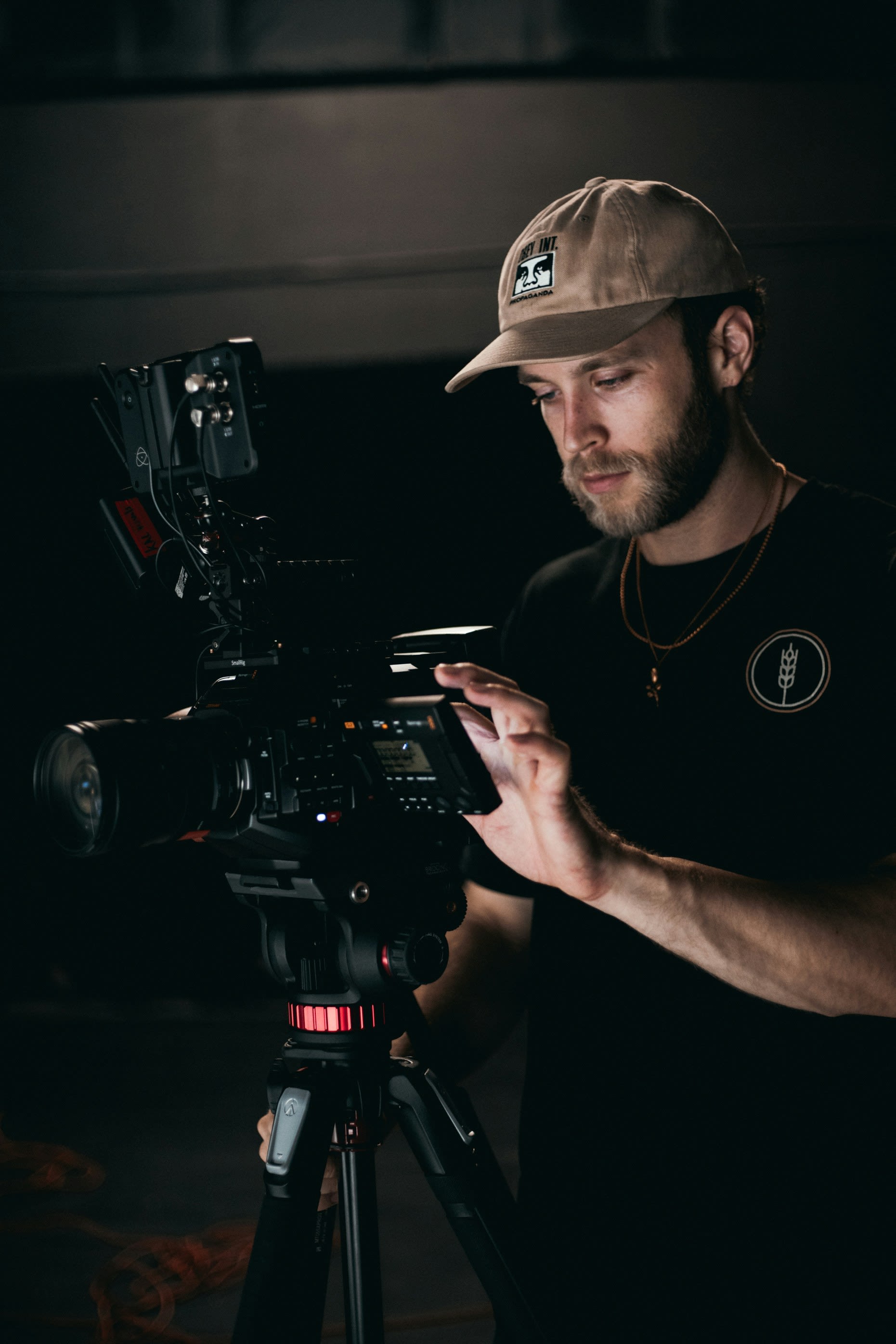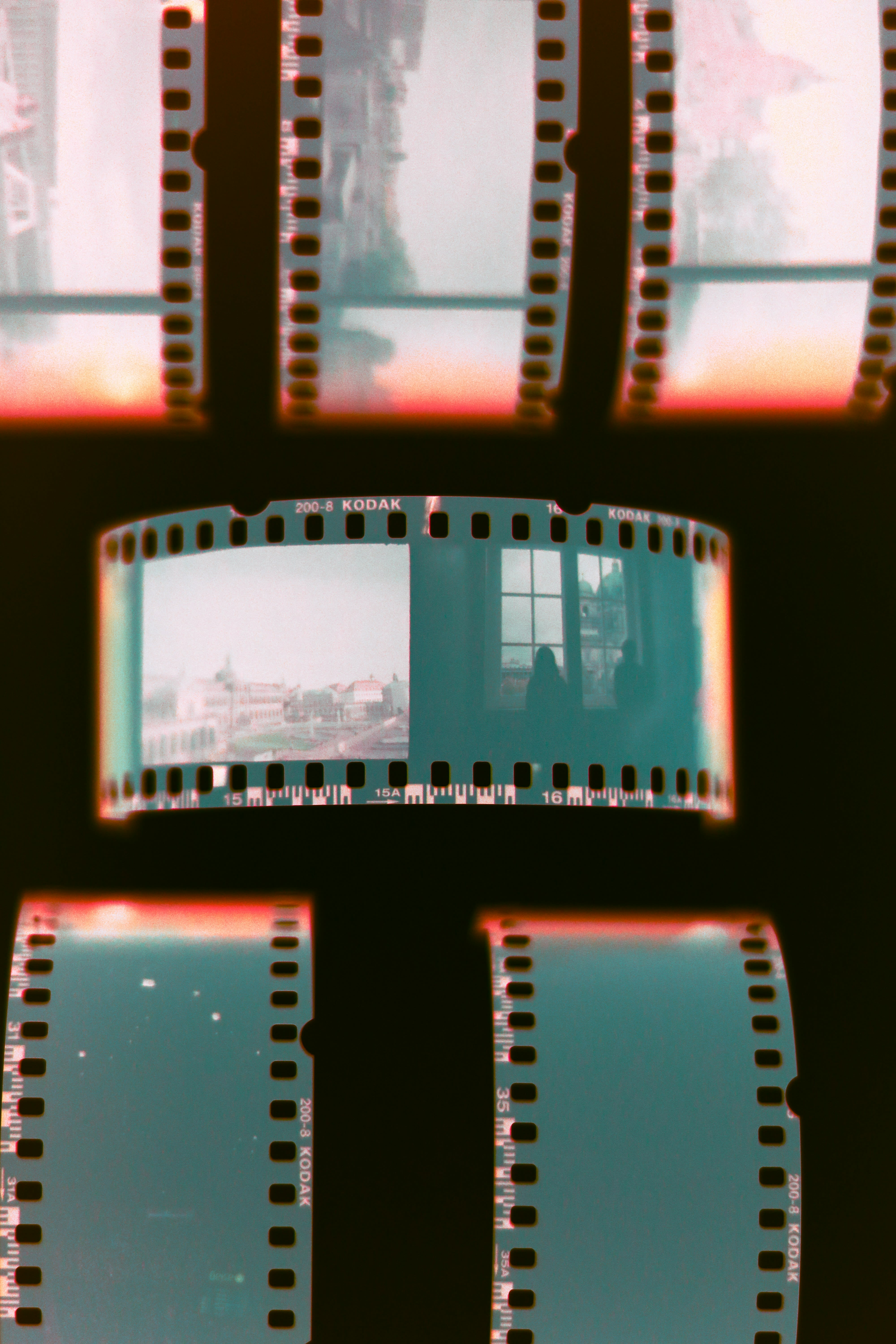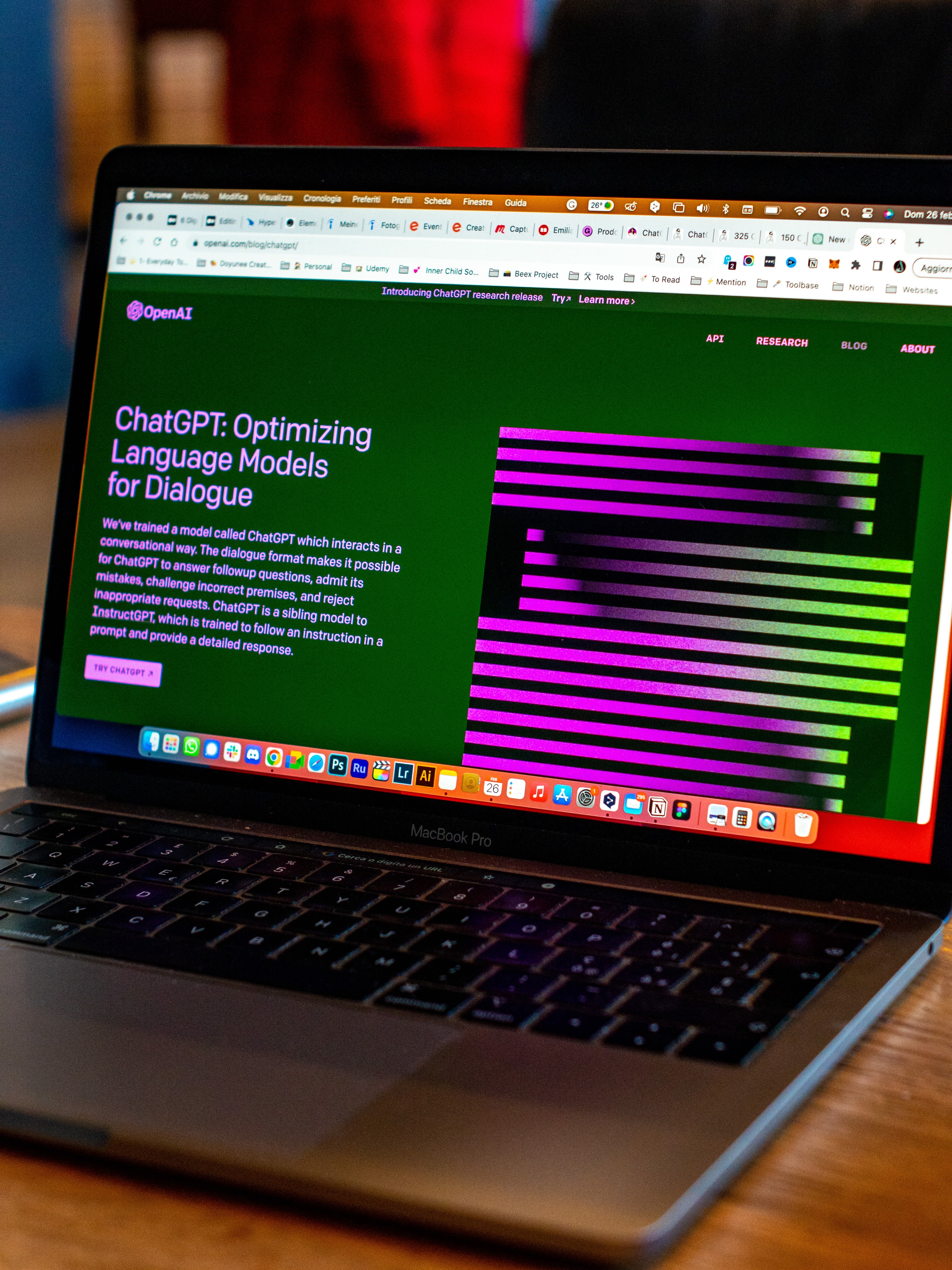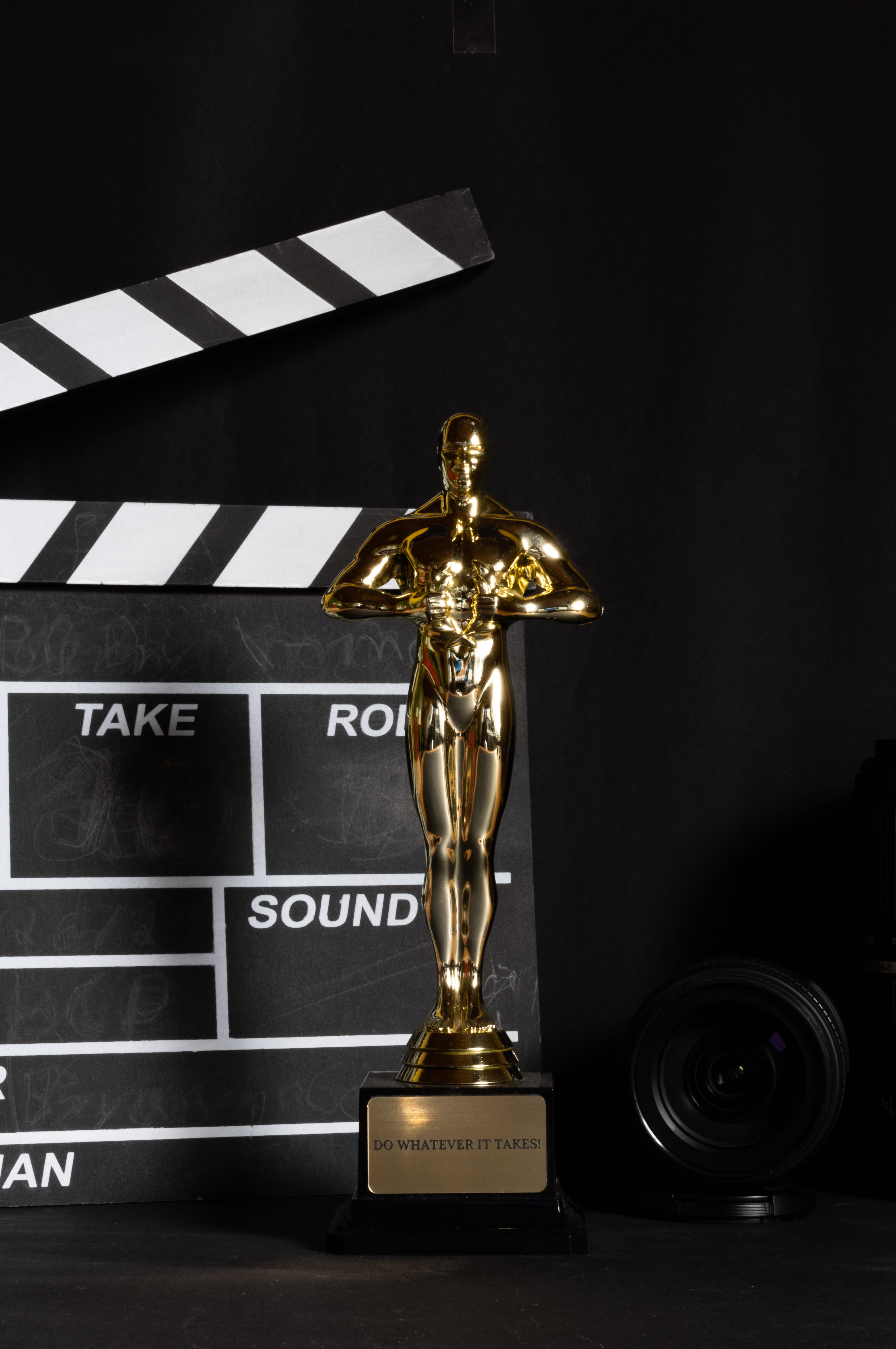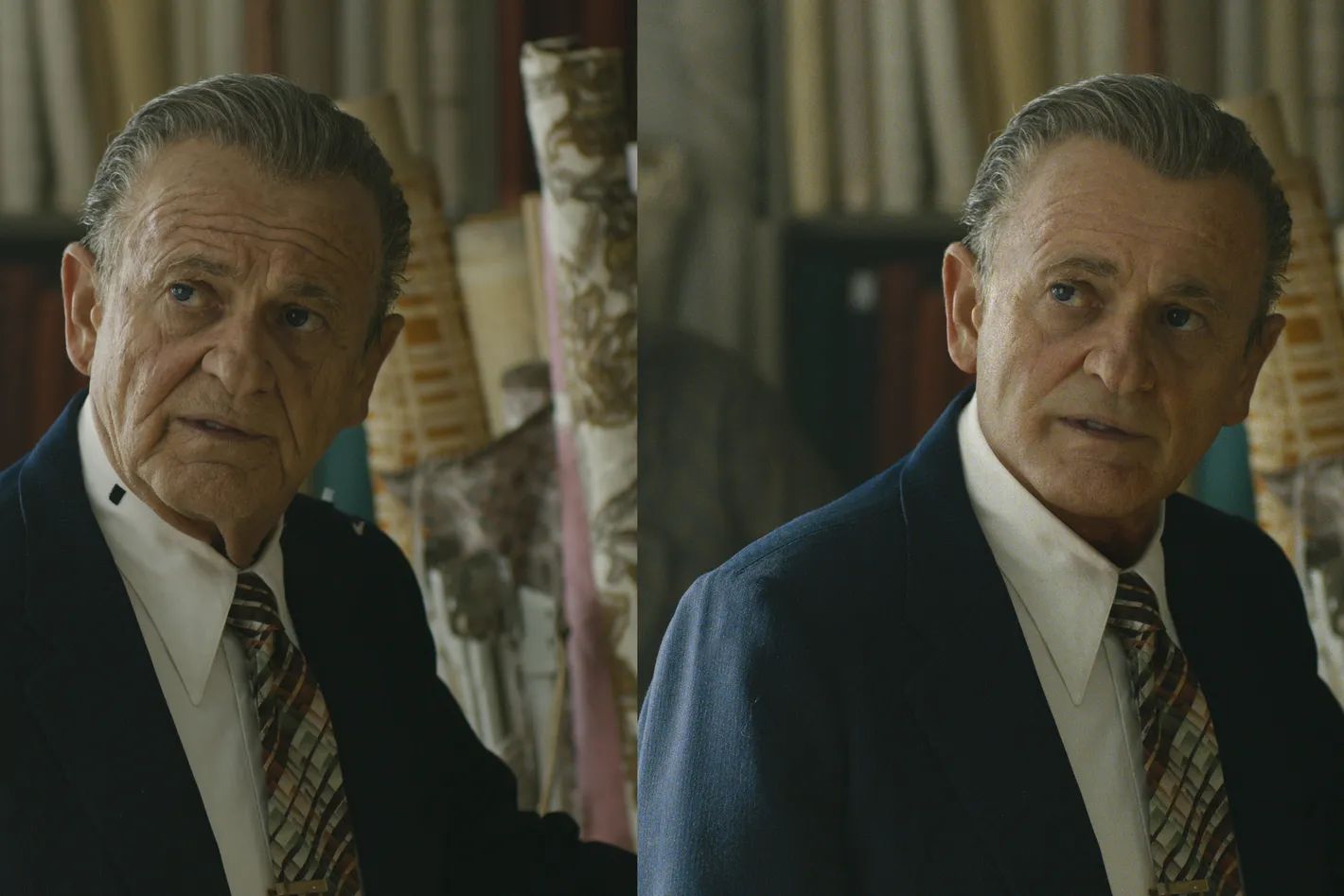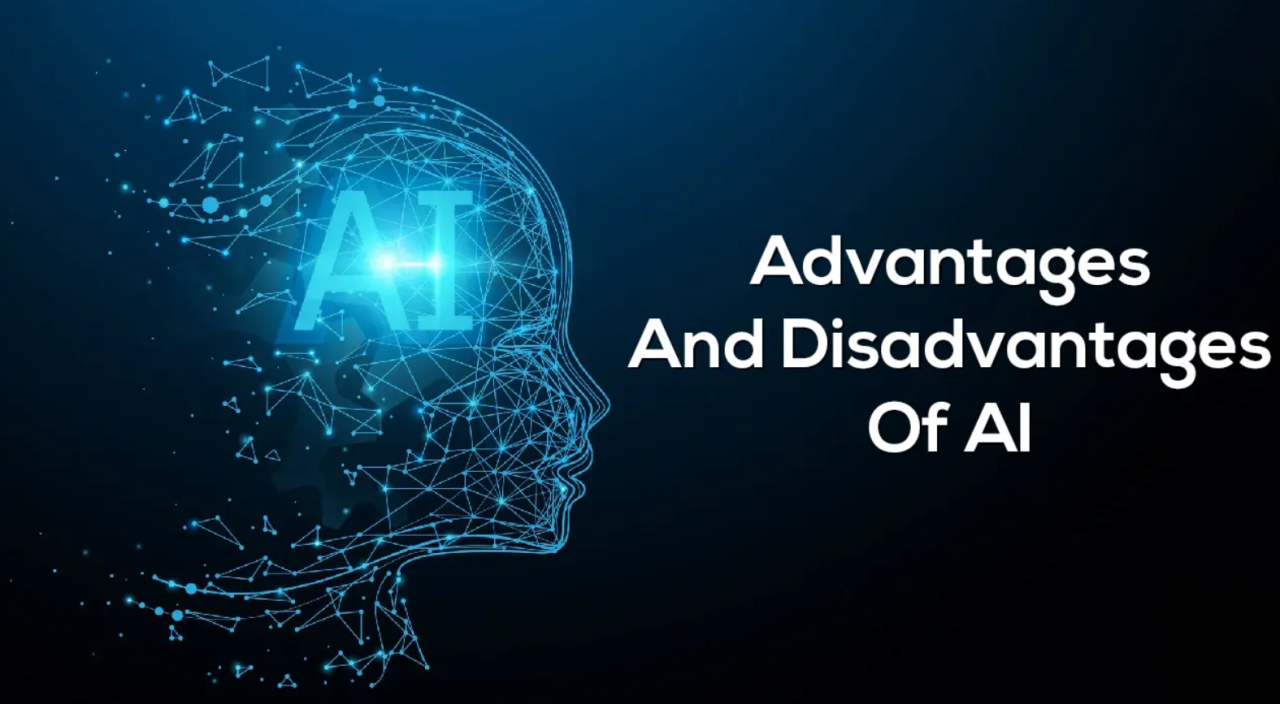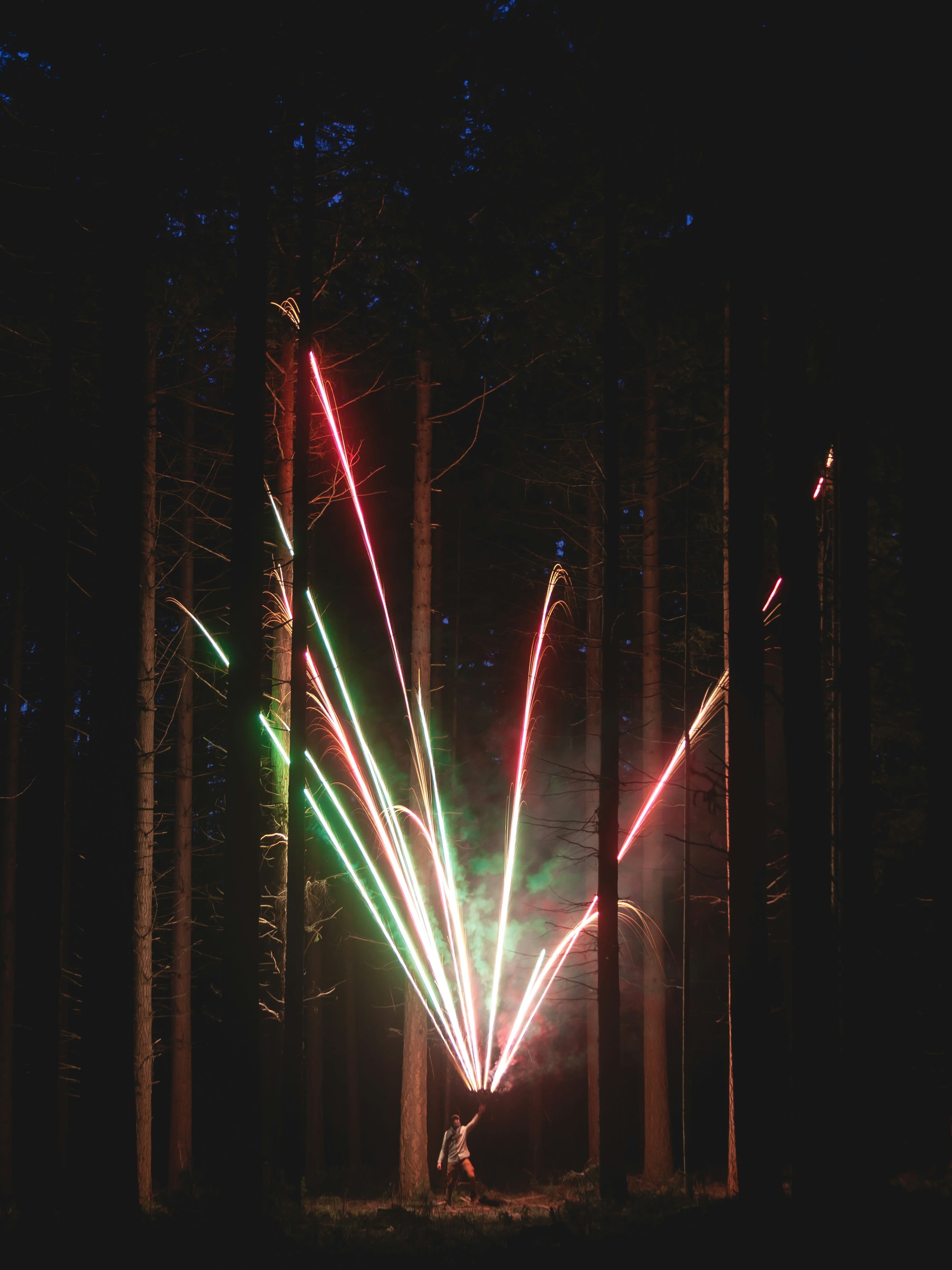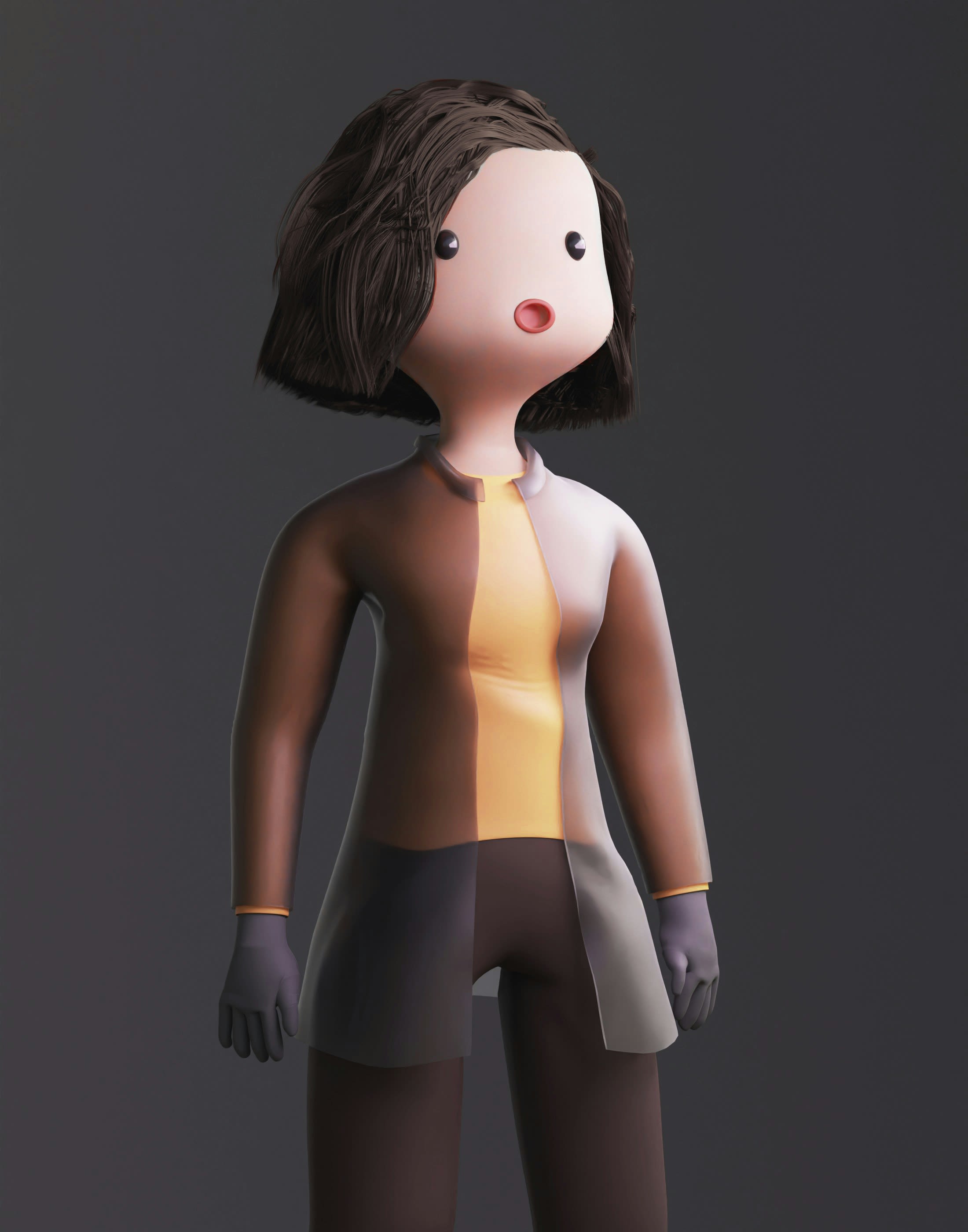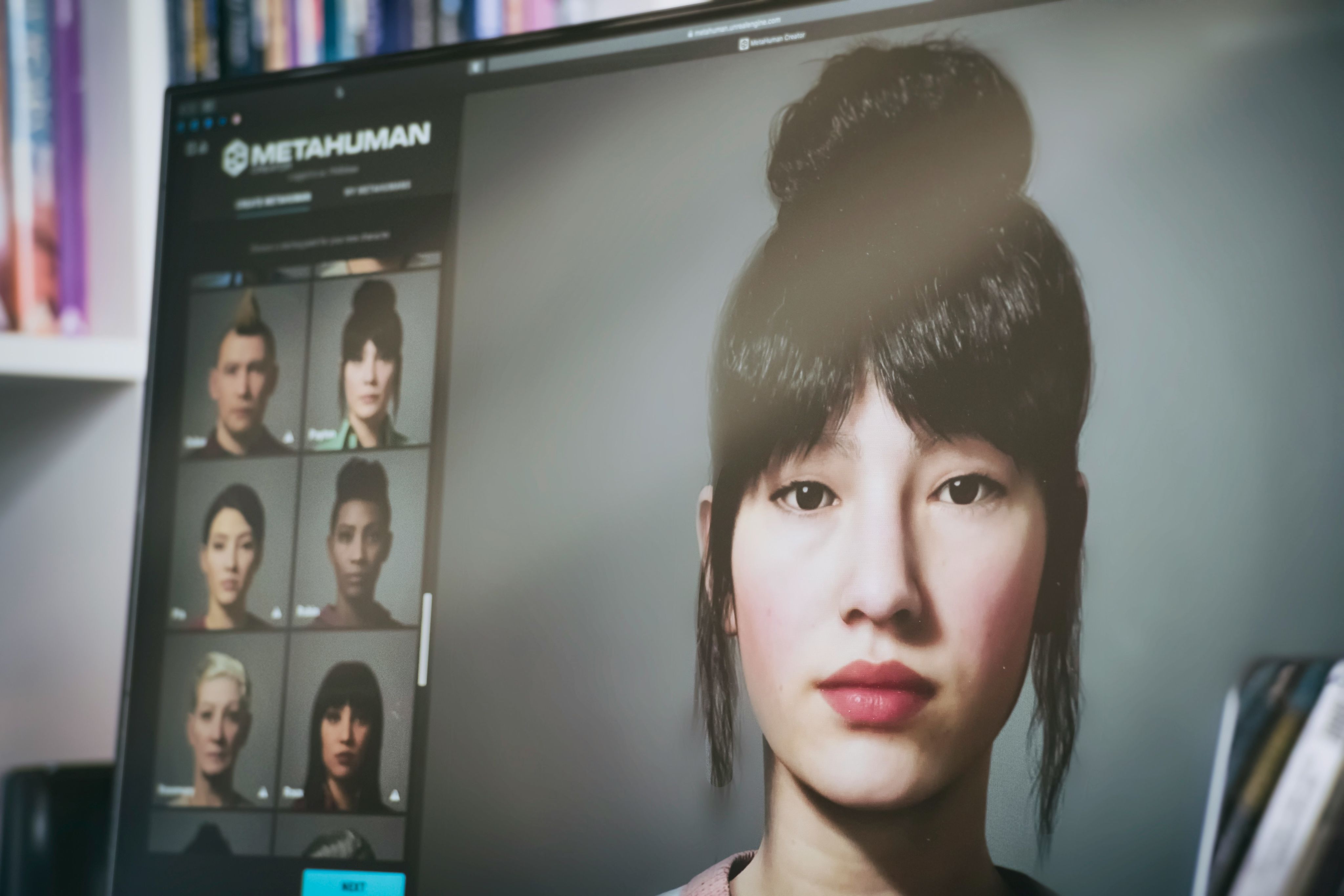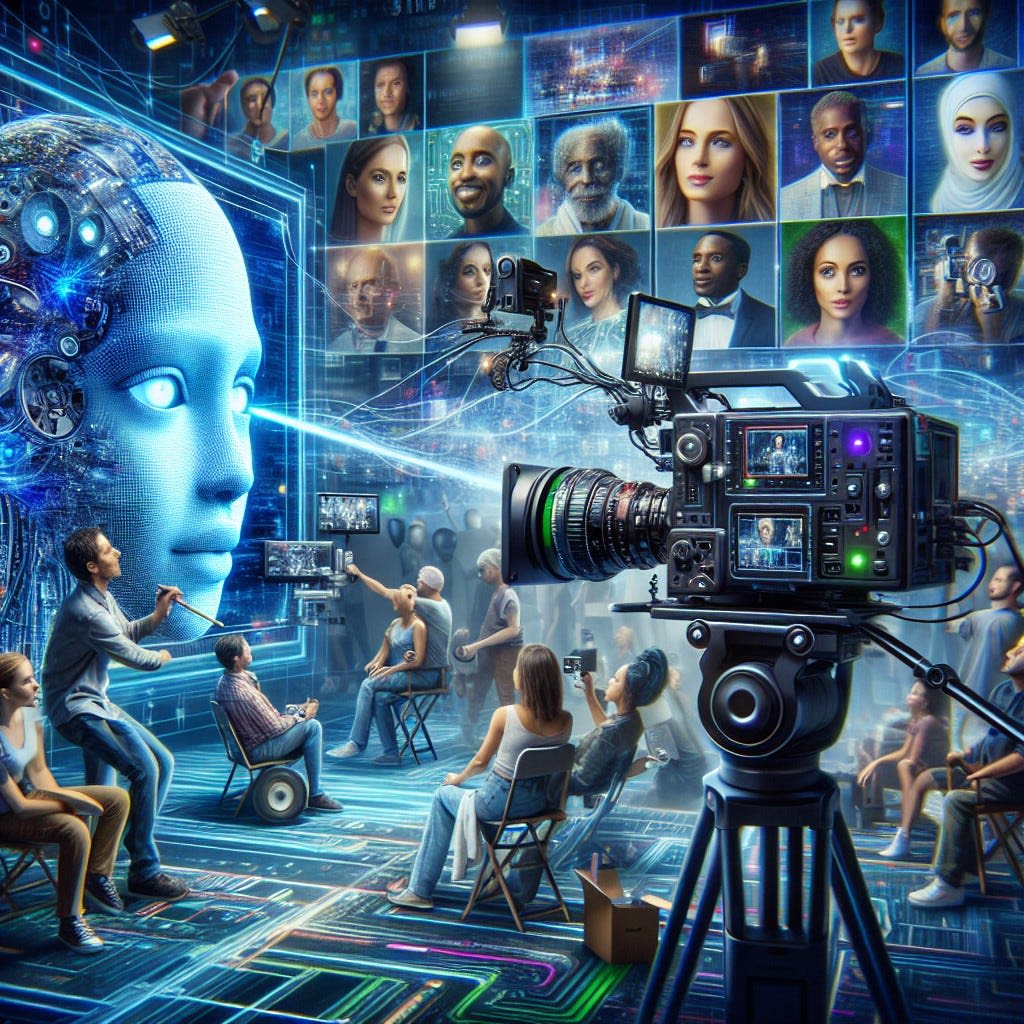AI Video Tools
in Films
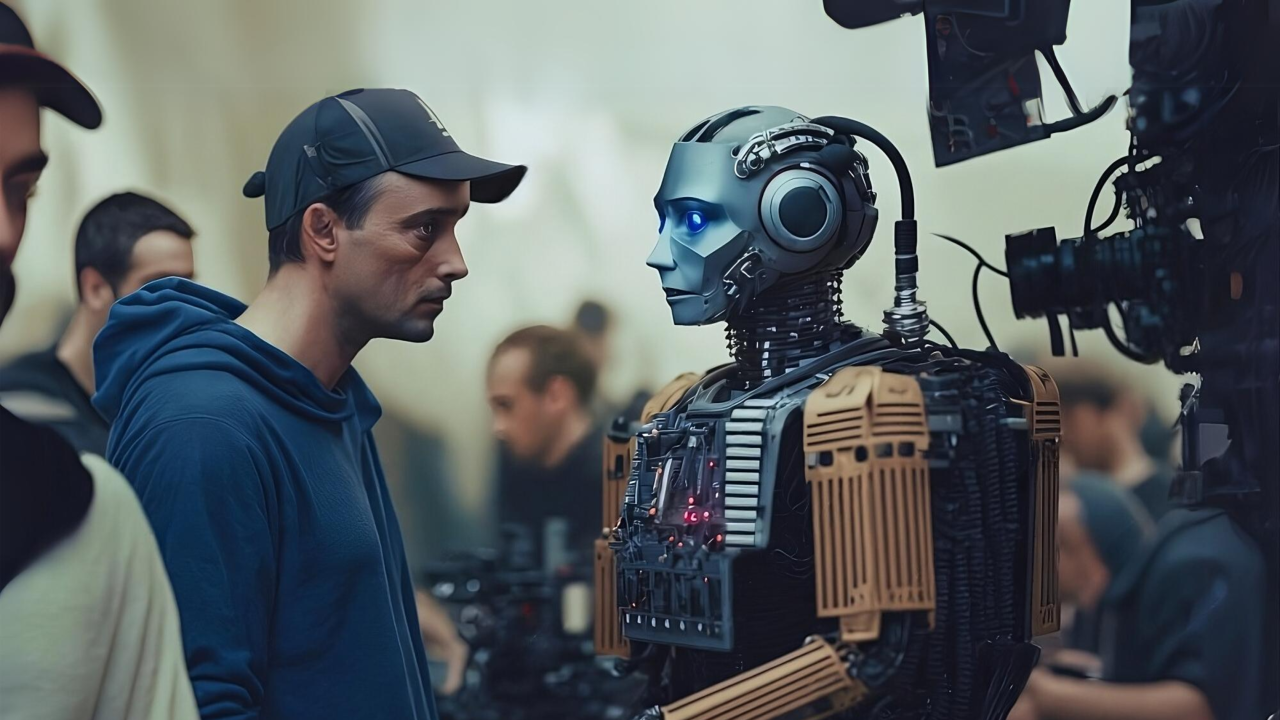
How is AI used in a Filmmaking Process?
Artificial Intelligence (AI) is revolutionising the world and is impacting every industry imaginable, including broadcasting and film. AI is being used to enhance visual effects, streamline production processes and overall, is a tool that reduces the costs of filmmaking.
Enhancing Visual Effects
Visual effects are one of the most fundamental features that make a film complete. It enhances immersion and creates spectacle, and now AI is increasingly being used to create and enhance visual effects, offering speed and efficiency improvements over traditional methods.
Through machine learning algorithms, an AI tool can generate realistic animations and simulations, making it possible to achieve effects that were previously time-consuming or impossible.
Streamlining Production and Reducing Costs
AI assists in various stages of film production, one of them being the aforementioned visual effects. In pre-production, AI can analyse scripts, generate storyboards, and even predict the success of a storyline. This greatly reduces the potential risks and guesswork that filmmakers take on when dealing with a new project.
During the production stage, AI-driven cameras and lighting systems can optimise shots in real-time. In post-production, AI tools can automate editing, colour correction, and sound design, significantly reducing the time required to complete a film.
When it comes to reducing costs, the way AI helps is pretty straightforward. AI can help manage budgets by optimising resources and minimising the need for costly reshoots. By automating labour-intensive tasks, AI allows filmmakers to allocate their budgets more effectively, ensuring that high-quality films can be produced within financial constraints.
Case Studies of AI in Modern Films
Evidence of AI's growing usage in filmmaking can be seen with the release of some of the biggest blockbuster movies in the last 5 years, one of which was Martin Scorsese's 'The Irishman'. Being one of the most prominent examples of AI in filmmaking, the film used AI-powered de-ageing technology to make actors Robert De Niro, Al Pacino, and Joe Pesci look decades younger.
This technology allowed moviegoers to be a part of the seamless transitions between different time periods, maintaining consistency and authenticity without the need for multiple actors.
Another culturally massive film was 'Avengers: Endgame', which saw AI tools being employed to enhance CGI and motion capture, creating realistic character portrayals and immersive visual effects. Specifically for this film, AI algorithms helped refine the details of the characters' movements and expressions, contributing to the film's record-breaking success.
Advantages and Disadvantages of Using AI in Filmmaking
Benefits
The benefits are rather rewarding. As filming can be an arduous and long process, AI has been a significantly helpful tool in making the entire filmmaking process shorter. It efficiently speeds up all three stages of production, from pre-production to post-production.
It also gives filmmakers more time to focus on their more productive side of the process while the technical side is made easier with AI. An added benefit to that is that AI can help with both the technical and creative sides, so it's up to the director on how AI will be implemented.
Disadvantages
The disadvantages or concerns remain the same for the use of AI, regardless of whether it's in the film industry or not. That being said, its ethical concerns when it comes to its use of digital cloning and AI-generated characters raise issues related to actor consent and the potential misuse of likenesses.
It is entirely possible that real actors may not even be needed for films, and that is a worry that is steadily growing in the film industry. Though it's not only affecting the job security of actors, the automation of certain tasks may impact jobs traditionally held by humans in the film industry.
Quality! The quality of a film can make or break a film as soon as it's released, and AI hasn't reached a point where its quality matches the abilities of industry professionals. Ensuring that AI-generated effects meet high standards of realism and artistic integrity remains a challenge.
The Future of AI in Films
Advancements in AI technology are continually expanding its potential usage in filmmaking. AI is poised to play a larger role in areas such as real-time rendering, interactive storytelling, and virtual production environments, and to be honest, it already has.
With how AI is evolving, it is likely to further revolutionise the film industry. While the benefits of efficiency and creativity are clear, it is essential to balance technological innovation with ethical considerations. The future of filmmaking will continue to mix the significance of collaboration between human creativity and the capabilities of artificial intelligence, leading to new cinematic experiences.

